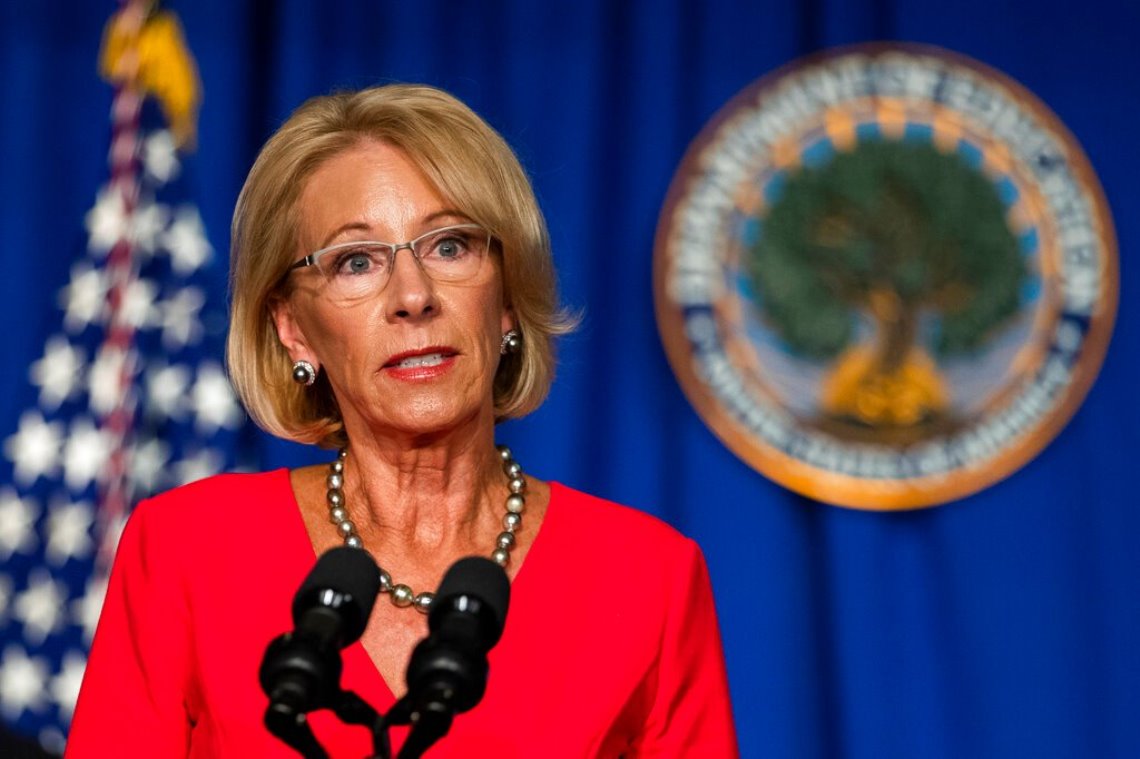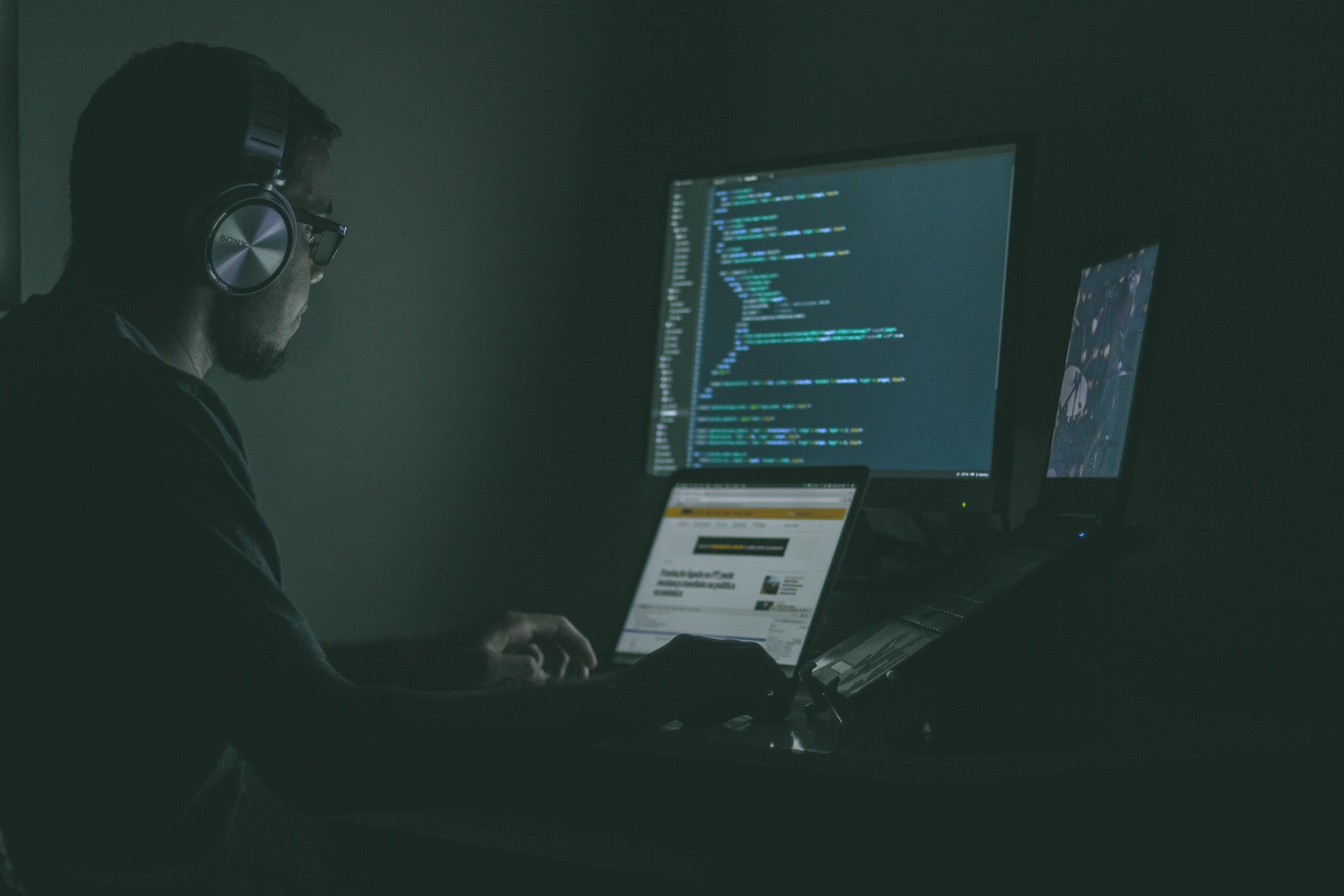The IB results scandal is the latest crisis to have hit the education system, which is already failing to tackle the abnormalities and cracks exposed by coronavirus pandemic.
The 2020 results of the International Baccalaureate (IB) Diploma Programme, for students aged 16-19, is now a matter of controversy and a subject of an ongoing probe into an unfair grading system.
Published on Monday, the 2020 IB results have enraged quite a few students and their parents. They believe that their grading was unacceptable to a level that demands an investigation into the unfair tactics used during the academic grading system.
The results weren’t just below the expected score but also hinted at a much bigger conspiracy brewing at the highest level. In fact, one student petition, seeking another round of fair scoring system, has already garnered around 10,000 signatures so far.
IB results scandal exposes cracks in grading system
The International Baccalaureate Diploma boasts a worldwide recognition for its certification that instills complex problem solving and decision-making capabilities among its students, who then go on to become independent achievers with an international career.
In a perfect world, a program that carries the reputation of being globally certified will involve the most sophisticated and relevant technologies to grade their students. Unfortunately, the IB results scandal states otherwise.
This year, given the unprecedented times brought upon by the COVID-19 outbreak, the IB diploma exams were suspended, and the students were graded based on their coursework, assignments, and project performance over the course of two years.
An algorithm pulled out and analyzed massive amounts of historical data to establish a seemingly credible link between the coursework scores and the predicted grades.
On the one hand, the IB authorities proclaim that the grading system has been tested rigorously against the data obtained in the last five years for offering reliable results. Their examiners, who are evaluating the student coursework, have been sufficiently trained and reviewed to ensure that they are up to the task of assessing student work accurately and fairly. The teachers, on the other hand, have a contrasting viewpoint.
Is our students’ future in safe hands?
Some teachers say that the controversy-ridden IB results also took into consideration student coursework to mark instead of the grades submitted by the teachers. The move has outraged the students even more to an extent where the examiner’s credibility is questioned, and the whole process involving school forecasted grades and historical data analysis has been deemed unfit.
Today, the IB students call for justice, as the scores did not reflect their prior attainment at GCSE. However, the way forward isn’t easy. The IB’s Twitter account has now been flooded with some furious comments.
The general complaint is that the higher forecasted grades strengthened their chances at the top-level universities. But now, these students are shocked and perplexed because their grades do not match their expectations at all.
Although the IB website mentions that the students can choose to contest the results through the Enquiry Upon Result (EUR) process, no standard written procedure guides students to do the same. Instead, they are redirected to IB coordinators who refuse to cooperate when it comes to answering even the most fundamental, frequently asked questions.
No substitute for transparency in education
Possible accommodation will be retesting, but that could also be contested and questioned if the system of grading remains fallible and unfair. This brings us to the question of the fallibility of the education system when it comes to giving marks, the unfairness of the rating system.
The gap between students and administrators seems to exist everywhere in the UK system. Still, IB students are leveraging social media power to gather support and raise awareness surrounding the IB results scandal. But will that ensure a meeting point?
The considerable differences in predicted and final grades given can only be attributed to the “algorithm used” and not to unconscious bias. Adjustments can be factored in but applied equally to all candidates.
We can call this hindsight but also foresight in situations where the system of grading could have transparency, immutable, and equitable for all in the education ecosystem.
Blockchain empowers
There is an apparent breakdown of communication. And it is cases like the IB results scandal that uphold the use of blockchain in education.
Blockchain technology contributes to the efficient execution and upkeep of a computational based grading system that is distributed, transparent, and verifiable. It envisions a unified, simplified, and globally ubiquitous higher education academic grading system where no third party is in control of the transactions and data.
By simply empowering the students with a single and transparent view of their completed courses and its grading procedure, blockchain can essentially put a stop to misconducts like the IB results scandal, which resulted in hundreds of students paying the price for an inefficiently managed grading system. As one angry student comments,
It is shocking beyond words that programs like IB Diploma can put their students’ future at risk just to maintain their statistics.







